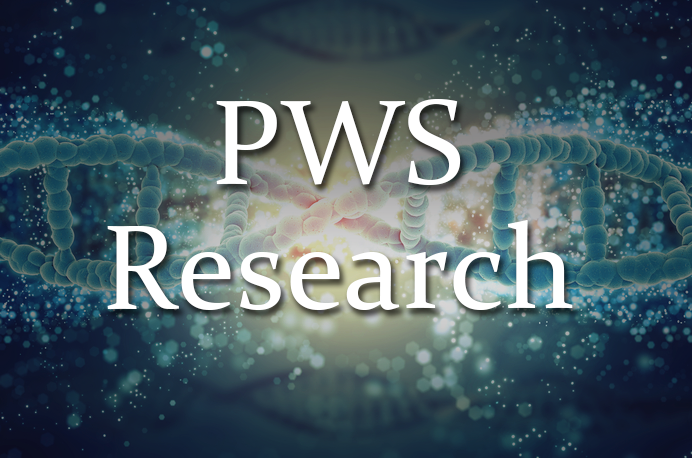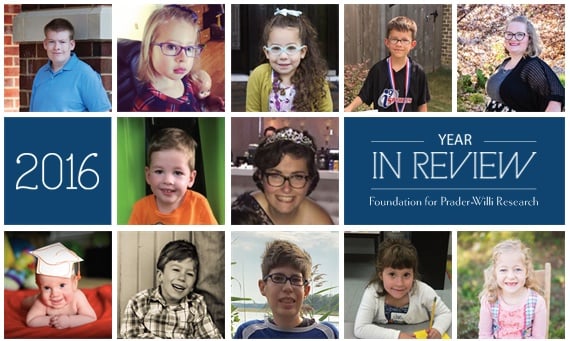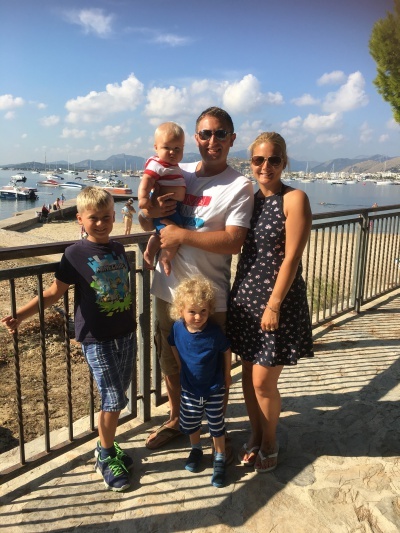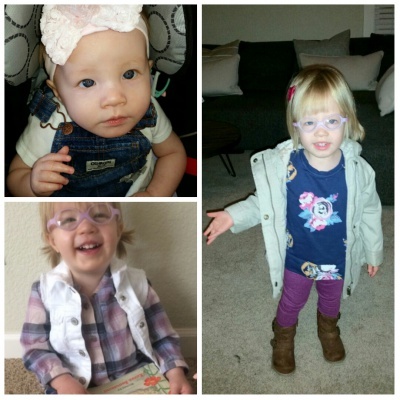Topics: Research
Janet Woodock, MD, Director of the Center for Drug Evaluation and Research at the FDA, recently highlighted how the FDA is placing a high priority on patient input and perspective in the drug development process. The agency recognizes that patients, ...
When I was pregnant with Lily I had all of these dreams of what it would be like to have a baby. I read all of the books on parenting I could get my hands on; books about what to expect while I was expecting, how to have the happiest baby on the bloc...
Topics: Stories of Hope
FPWR community, 2016 was yet another remarkable year for Prader-Willi research! Our supporters have allowed FPWR to fund more research than ever before, taking us closer to treatments for our loved ones with Prader-Willi syndrome. Read below for a fe...
Topics: Research
Over the past 3 years we have seen a number of new companies investing in Prader-Willi Syndrome. This is in part because of PWS's orphan indication and the significant unmet medical need, but is also reflective of the steps we have taken as a communi...
Topics: Research
Over the past 3 years we have seen a number of new companies investing in Prader-Willi Syndrome. This is in part becuase of PWS's orphan indication and the significant unmet medical need, but is also reflective of the steps we have taken as a communi...
Topics: Research
A special contribution by guest blogger Karina O'brien Karina shared her story via our Stories of Hope questionnaire.
Topics: Stories of Hope
Columbia University Medical Center (CUMC) researchers have discovered that a deficiency of the enzyme prohormone covertase (PC1) in the brain may be linked to most of the neuro-hormonal abnormalities in Prader-Willi syndrome (PWS), a genetic conditio...
Topics: Research
A special contribution by guest blogger Chelsea Balumas Chelsea shared her story via our Stories of Hope questionnaire.
Topics: Stories of Hope
On December 14, FPWR gave its quarterly webinar reporting on our PWS grants, and on recent research discoveries. In the webinar, which you can watch below, I recapped a recent meeting at the FDA, shared information on the new grants we've funded, and...
Topics: Research











